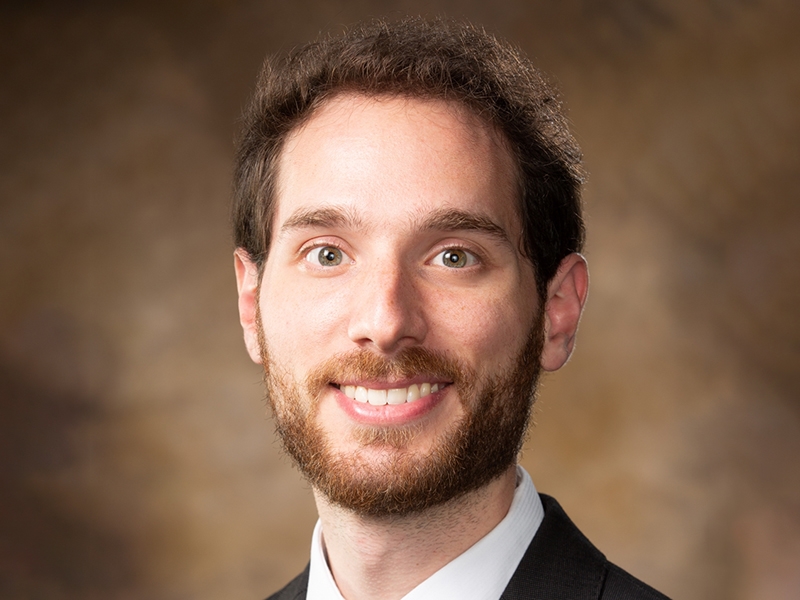Daniel Villanova’s research confirms that most people don’t want to be associated with socially unacceptable behavior.
In a new study, Villanova, assistant professor of marketing in the Sam M. Walton College of Business, found that when people behave in a socially unacceptable manner on social media, consumers with strong brand loyalty feel vicarious shame, which motivates them to disengage from the brand.
Though consumers generally remain loyal to the brand itself, they don’t want to be publicly associated with it, implying that the benefits of strong connections to a brand might not be as robust or unequivocal as marketing managers have previously believed.
“Marketing managers know that disengagement from a brand on social media is bad,” Villanova said. “It can be very costly. Our results — that socially unacceptable brand mentions by others can lead to vicarious shame and motivate users to step away from the brand — consequently suggest that they might not want to rely too much on the protective properties of strong self-brand connections.”
Villanova and Ted Matherly, visiting assistant professor at Northeastern University, wanted to explore the bounds and possible limits of brand loyalty. Would consumers who are strongly connected to a brand choose to disengage from it when observing socially unacceptable behavior related to the brand?
The researchers found that for highly connected consumers, socially unacceptable brand mentions on social media constituted a threat to their social identity. This threat in turn led to vicarious shame, motivating disengagement from the brand, a separation that can undermine the economic benefits of self-brand connection.
Villanova and Matherly use three mixed-method studies, including an analysis of real, unfollowing behavior on Twitter, to test their hypothesis that users will distance themselves after observing socially unacceptable brand mentions by others on social media. They used gloating and profanity as examples of socially unacceptable behavior.
In one study, half of the participants saw a socially acceptable tweet celebrating their NFL team for winning the conference championship and qualifying for the Super Bowl. The other half saw a socially unacceptable tweet for the same. As Villanova said, these participants observed fans “dropping multiple f-bombs.”
For observers who did not feel a strong connection to the team — in other words, the team did not represent who they are — the more socially unacceptable tweet did not affect them. However, for people who felt the NFL team represented who they are — high self-brand connection — the more socially unacceptable tweet made them feel vicariously ashamed and increased their likelihood of disengaging.
Results of the third study, however, revealed that actively moderating — deleting, for example — posts with socially unacceptable brand mentions stopped the behaviors from translating into intentions to disengage among consumers with a higher self-brand connection.
The researchers’ study was published in Journal of Marketing.
About the University of Arkansas: As Arkansas' flagship institution, the U of A provides an internationally competitive education in more than 200 academic programs. Founded in 1871, the U of A contributes more than $2.2 billion to Arkansas’ economy through the teaching of new knowledge and skills, entrepreneurship and job development, discovery through research and creative activity while also providing training for professional disciplines. The Carnegie Foundation classifies the U of A among the few U.S. colleges and universities with the highest level of research activity. U.S. News & World Report ranks the U of A among the top public universities in the nation. See how the U of A works to build a better world at Arkansas Research and Economic Development News.
Topics
Contacts
Daniel Villanova, assistant professor of marketing
Sam M. Walton College of Business
479-575-4754, dvillan@uark.edu
Matt McGowan, science and research communications officer
University Relations
479-575-4246,
dmcgowa@uark.edu
